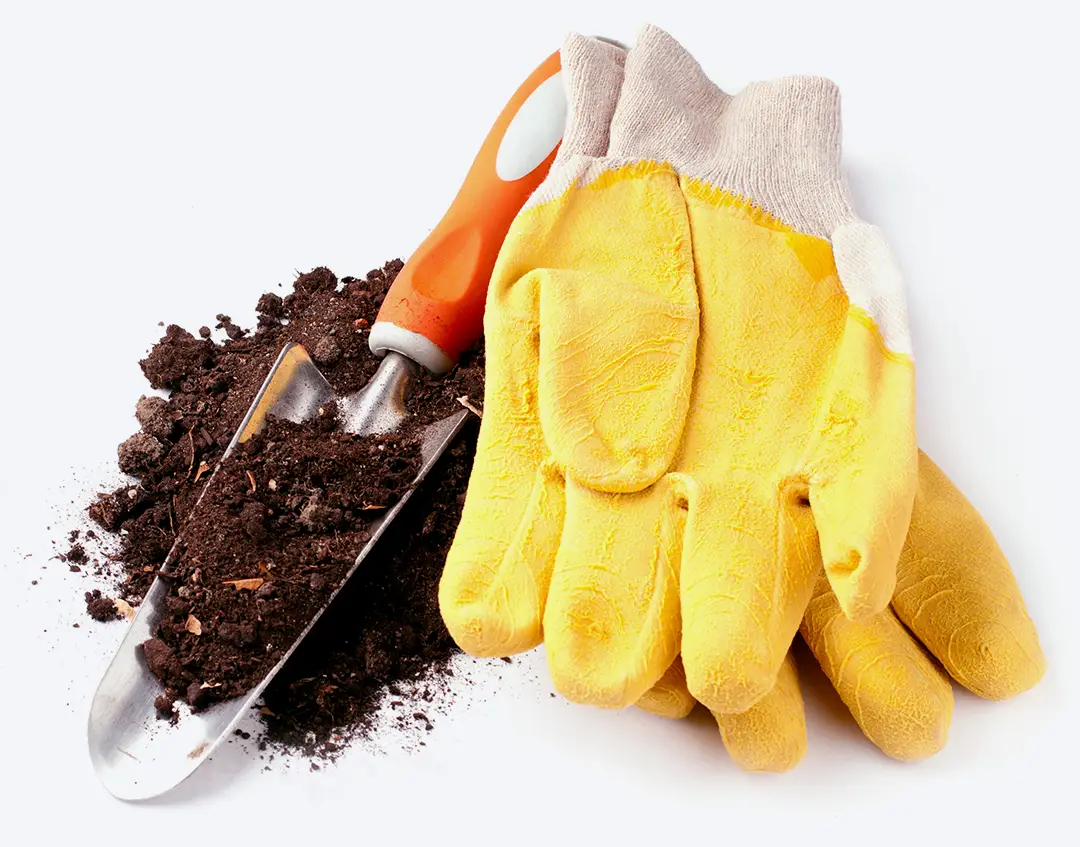
The many benefits of mulching
Mulching is great for keeping your garden free of weeds and is effective and simple.
Garden mulches are your first line of defense against weeds. Knowing when and how to use them is knowledge fundamental to low-maintenance landscaping. Mulching in gardens and landscaping mimics the leaf cover that is found on forest floors. We sometimes take it for granted, but mulching gardens is one of the single most beneficial practices you can adopt in maintaining the grounds around your home.
Mulch your garden at the beginning of the growing season each year. This protective layer of mulch insulates the soil from the hot summer sun, protects it from drying winds, and all but eliminates weeds.
After the mulch is applied, you don’t have to hoe between the rows. Mulching can reduce the water required to one third of the amount throughout the growing season. The soil stays evenly moist under the mulch. And as the organic mulches decay, they improve the soil. For mulching to be effective it should be approximately 8cm thick.
Organic mulch
Organic mulches include straw, peat moss, sawdust, dry manure, leaves, pine needles, grass clippings, wood chips, and bark chips.
Inorganic mulch
Inorganic mulches include aluminum foil, newspaper, and polyethylene film.
Mulching will help to keep plants healthy, and will keep your garden looking beautiful.
Read the latest from the Garden Club
Get fresh gardening tips and expert product knowledge from our team.
